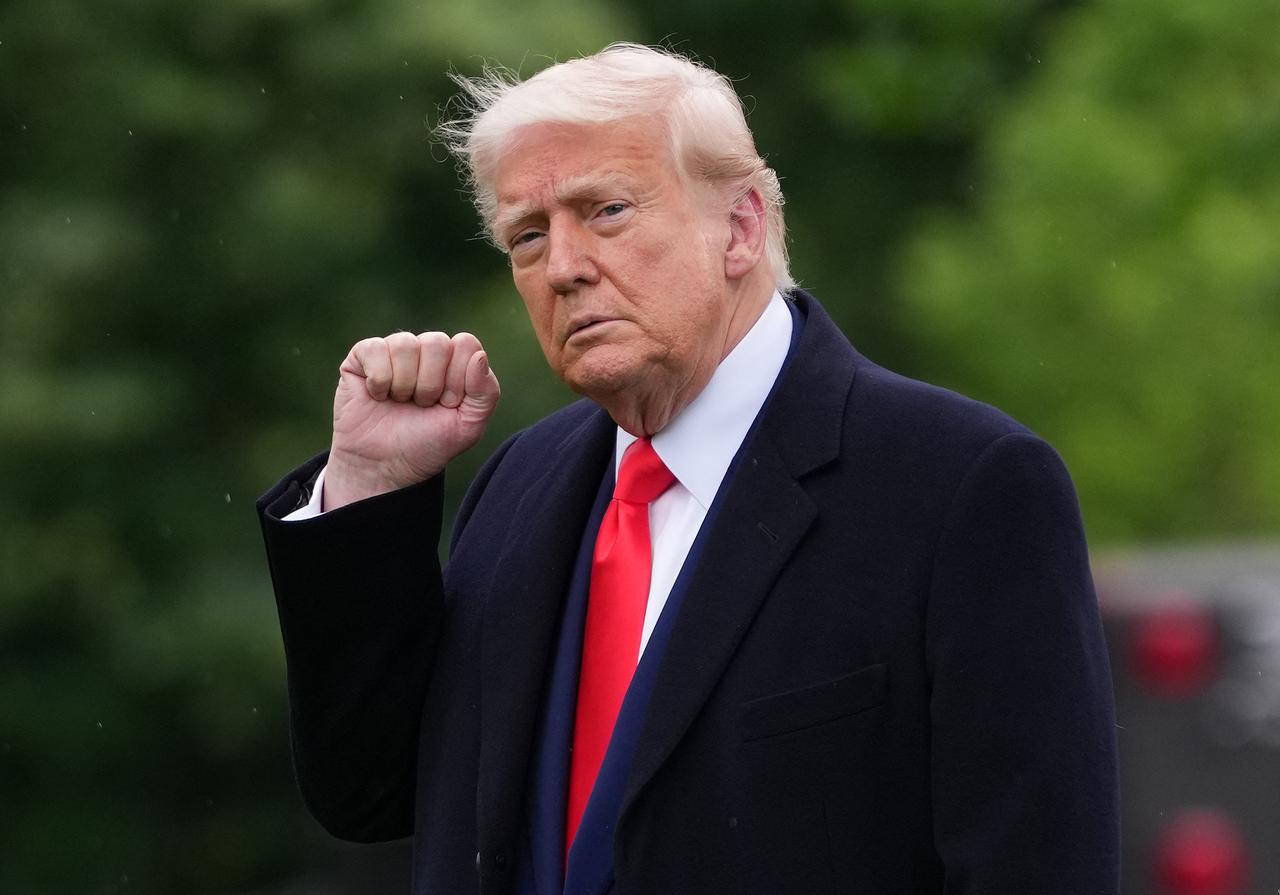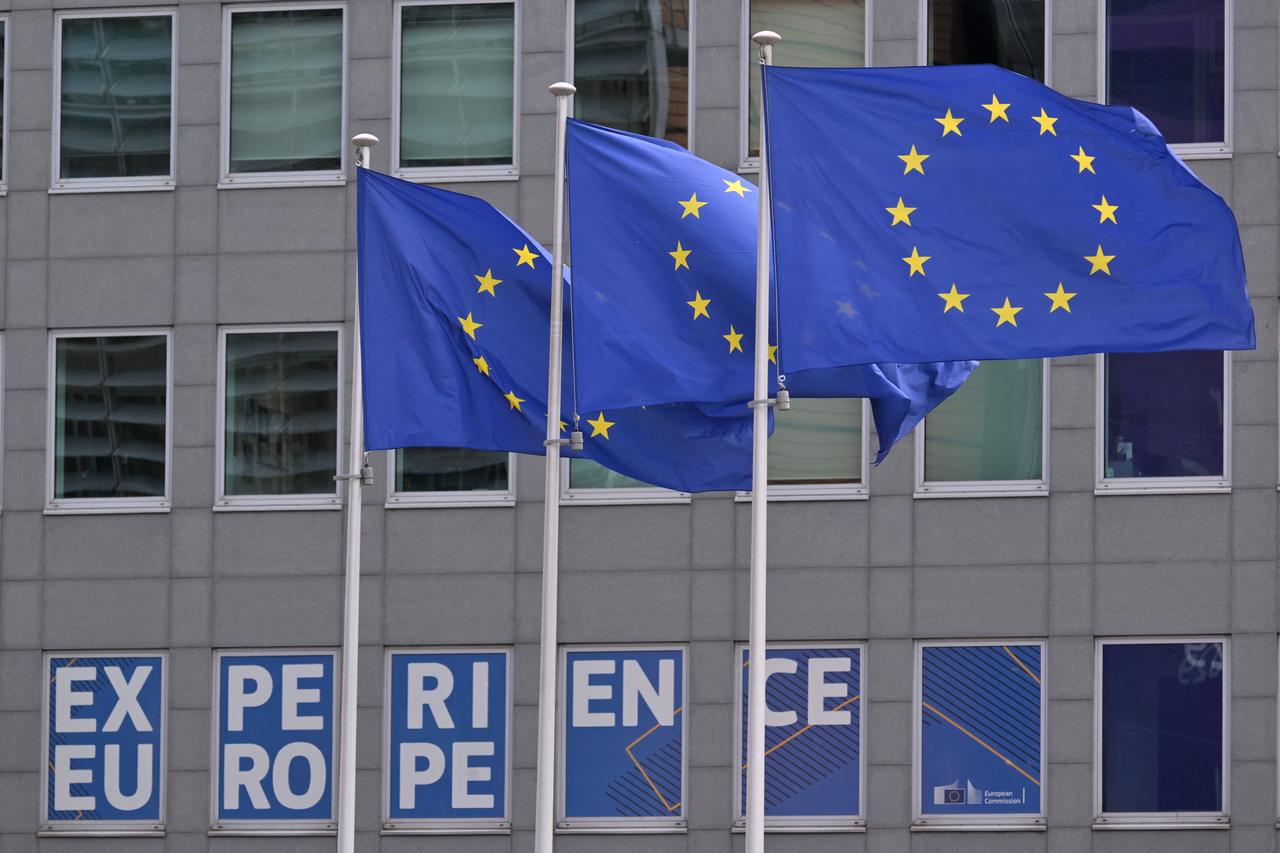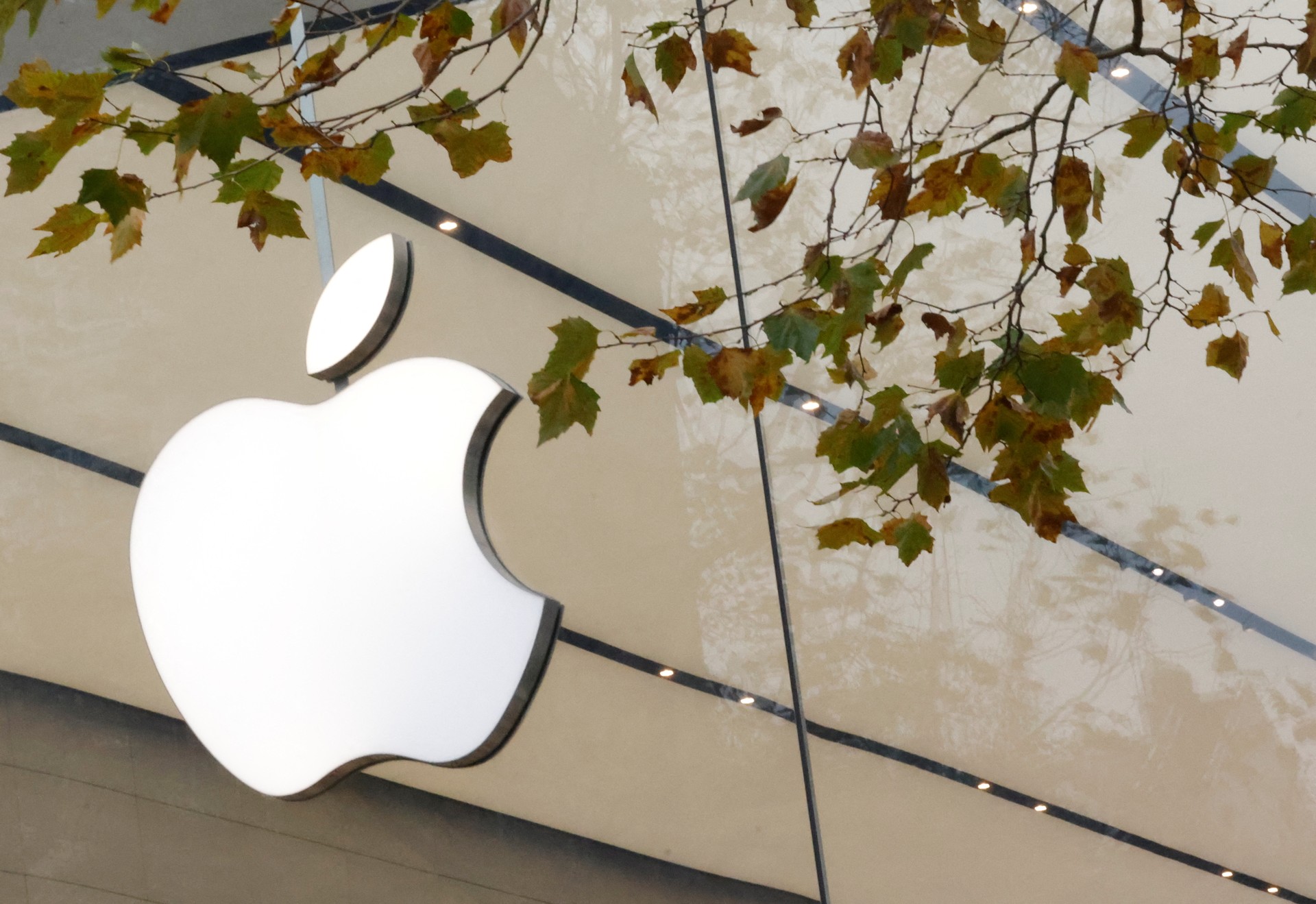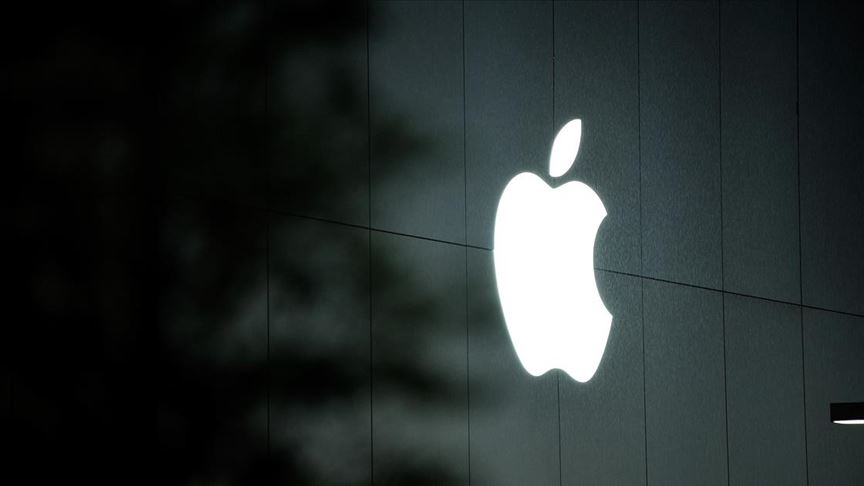
U.S. President Donald Trump proposed imposing 50% tariffs on European Union imports starting June 1 and threatened Apple with at least 25% duties on iPhones not manufactured in the United States, triggering sharp declines in global markets Friday.
Trump made the announcements on his Truth Social platform, stating that negotiations with the EU "are going nowhere" and criticizing the bloc's trade practices.
"The European Union, which was formed for the primary purpose of taking advantage of the United States on TRADE, has been very difficult to deal with," Trump posted on Truth Social.

The president cited multiple grievances against the EU, including what he described as strong trade barriers, VAT taxes, corporate penalties, and lawsuits against American companies.
"The EU's strong trade barriers, VAT taxes, absurd corporate penalties, non-monetary trade barriers, monetary manipulations, unfair and unjustified lawsuits against American companies, and additional taxes lead to a deficit of over $250 million annually," Trump stated, calling it "an unacceptable figure."
He added: "Therefore, I am recommending a straight 50% Tariff on the European Union, starting on June 1, 2025. There is no Tariff if the product is built or manufactured in the United States."
In a separate post, Trump directly addressed Apple CEO Tim Cook, threatening tariffs on the tech giant's flagship product.
"I have long ago informed Tim Cook of Apple that I expect their iPhones that will be sold in the United States of America will be manufactured and built in the United States, not India, or anyplace else," Trump wrote. "If that is not the case, a Tariff of at least 25% must be paid by Apple to the U.S."
More than 60 million iPhones are sold annually in the United States, though the country currently has no smartphone manufacturing facilities.

Financial markets responded immediately to the tariff threats. S&P 500 futures dropped 1.5% in premarket trading, while the Eurostoxx 600 fell 2%. Apple shares declined 3.5% in premarket activity.
The euro initially gained 0.8% but reversed course after Trump's EU tariff announcement, ending up 0.45% at $1.1336. The dollar weakened against the Japanese yen, falling nearly 1% to 142.52.
Wall Street's "fear gauge," the CBOE Volatility Index, spiked to a more than two-week high at 24.6 points.
"The impact of tariffs for both sides on the surface is jolting ... the market doesn't like uncertainty," said Andre Bakhos, managing member at Ingenium Analytics LLC. "In the end, it will help the U.S. and other countries if we can get the EU at the table."
European markets bore the brunt of the selloff. The broad Stoxx 600 index dropped 2%, with auto and banking stocks falling over 3%. German two-year bond yields fell 10 basis points to 1.73%, while benchmark 10-year yields declined 9 basis points to 2.55%.
"This is a major escalation of trade tensions," said Holger Schmieding, chief economist at Berenberg. "With Trump you never know but this would be a major escalation. The EU would have to react and it is something that would really hurt the U.S. and European economy."
According to Reuters, Apple aims to manufacture most of its iPhones sold in the United States at factories in India by the end of 2026. The company is reportedly accelerating these plans to navigate potentially higher tariffs from China, its main manufacturing base.
Apple did not immediately respond to requests for comment about Trump's tariff threat.

The tariff announcements come as the Republican-controlled U.S. House of Representatives passed a sweeping tax and spending bill Thursday that would enact much of Trump's policy agenda.
The bill, which now heads to the Senate, would add approximately $3.8 trillion to the federal government's $36.2 trillion debt over the next decade, according to the Congressional Budget Office.
Markets had been recovering from Trump's aggressive tariffs announced in April, which sparked a selloff in U.S. assets. The White House had previously granted exclusions from steep tariffs on smartphones and some electronics imported from China.